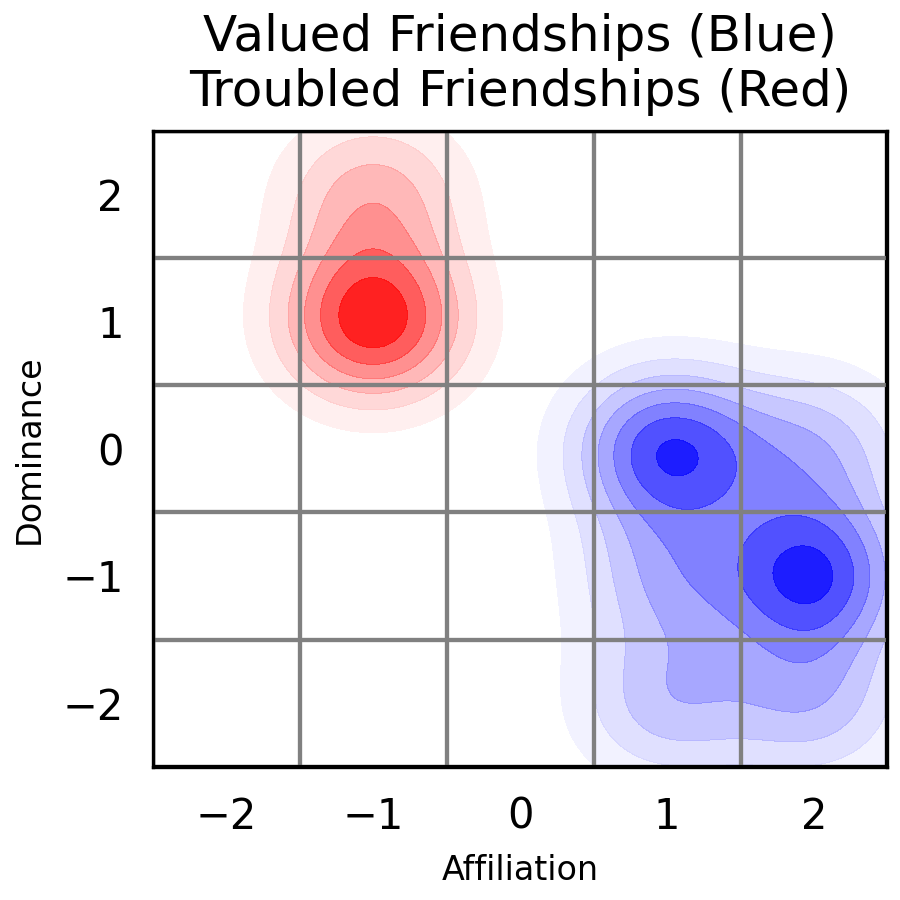What psychological constructs best model friendships, and what are some common classic and contemporary academic literature on the subject?
-
2$\begingroup$ You appear to have asked and answered a question in the same post which is non-standard for Stack Exchange. Could I suggest that you reframe your post as a question, perhaps "What are the best methods to get closer to people", or "What techniques best enable you to get more friends", or "What psychological constructs best model friendships". You are free to answer your own question as you have. By asking a question, you then allow others to effectively contribute. $\endgroup$– Tony MobbsCommented Aug 26, 2020 at 13:50
-
$\begingroup$ Thanks, Tony. I've already reframed the post as you suggested. $\endgroup$– damat-perdigannatCommented Aug 26, 2020 at 20:36
2 Answers
A few learned works on friendship:
Bell, S., & Coleman, S. (Eds.). (2020). The anthropology of friendship. Routledge. ISBN 9781000320558
Berndt, T. J. (2002). Friendship quality and social development. Current directions in psychological science, 11(1), 7-10. https://doi.org/10.1111/1467-8721.00157 http://onemvweb.com/sources/sources/Friendship_Quality.pdf
Spencer, L., & Pahl, R. (2006). Rethinking friendship: Hidden solidarities today. Princeton University Press. ISBN 9780691127422
Berndt (2002) observed that friendships can be classified as prized or troubled. The characteristics of which are:
Prized friendships: intimacy, loyalty, supporting, helping, sharing, praising, encouraging. and bolstering.
Troubled friendships: conflicts, dominating, and rivalry.
Berndt's analysis can be summarised visually according to the atlas of personality, emotion and behaviour (Mobbs, 2020):
Interestingly (but perhaps not surprisingly), friendship appears to closely align to the Agreeableness dimension of the Five Factor Model.
References
- Mobbs AED (2020) An atlas of personality, emotion and behaviour. PLoS ONE 15(1): e0227877. https://doi.org/10.1371/journal.pone.0227877 [Post author = article author]
Here are some related resources:
Classic: Carnegie, D. (1964). How to win friends and influence people. New York: Simon and Schuster.
Modern Educational: infed.org. (2013, May 9). Friendship theory: some philosophical and sociological themes – infed.org: Education, Community-Building and Change. https://infed.org/mobi/friendship-some-philosophical-and-sociological-themes/
Modern with Minimal Academic Credibility: Wikipedia contributors. (2020, August 8). Friendship. Wikipedia. https://en.wikipedia.org/wiki/Friendship
Modern Casual: Friends. 2020. Psychology Today. Retrieved Aug 25, 2020, from https://www.psychologytoday.com/us/basics/friends
Concise: friend. 2020. In Merriam-Webster.com. Retrieved Aug 25, 2020, from https://www.merriam-webster.com/dictionary/friend
